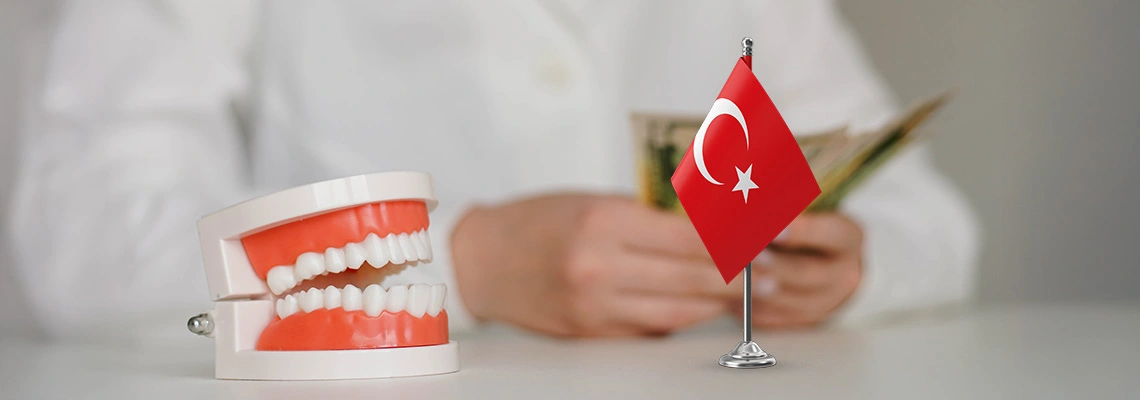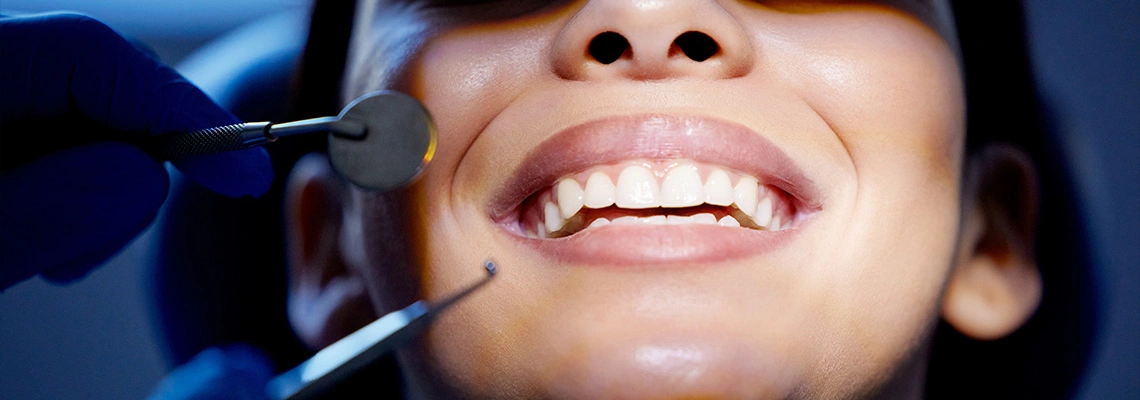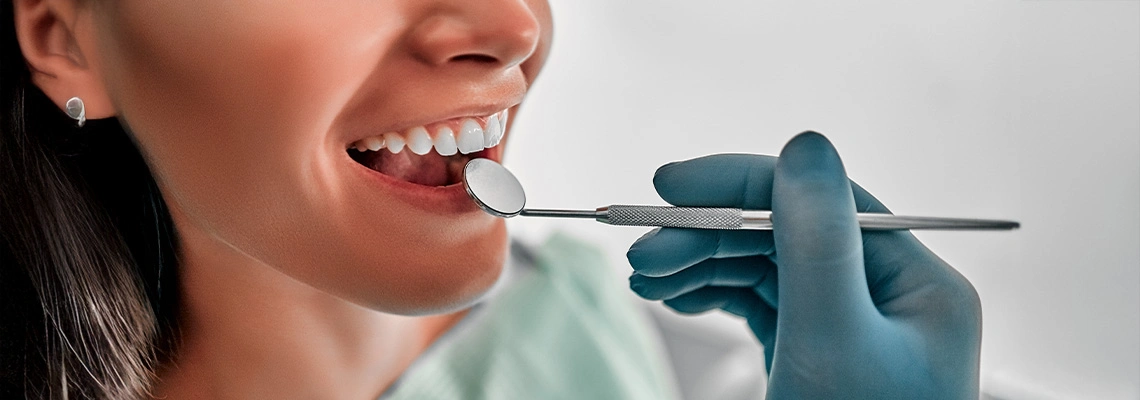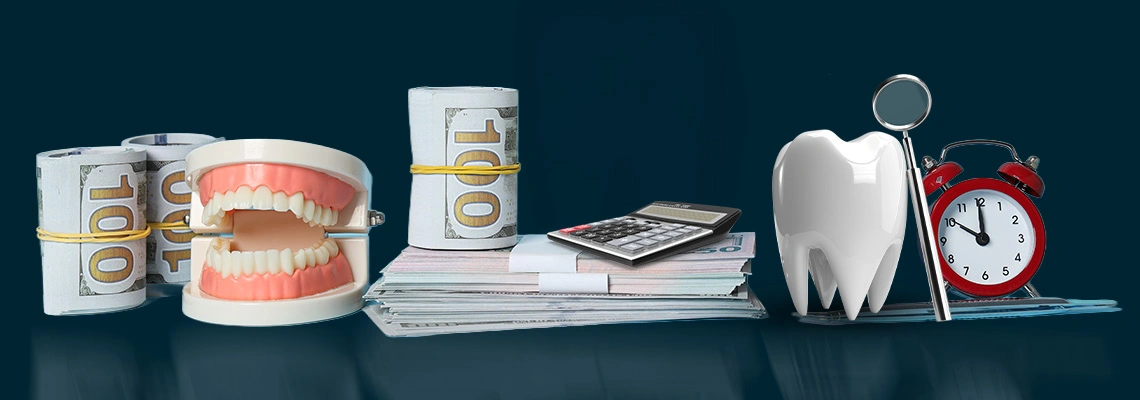When you go in for a cosmetic surgery consultation session, there are so many things that will be running through your mind. This is particularly the case if it is your first operation. The nervousness and anxiety might make you forget to ask some very important questions. This is not only the case with surgical procedures but also any kind of cosmetic activity. Do you want to buy some new moisturizer but you are not sure whether it will work for your skin? Here are some 10 quick tips about cosmetic consultations.
1. Choose a trusted consultant
A quick online search will reveal thousands of cosmetic consultants in your area of residence. However, you do not want to work with just anybody. Make sure that you choose the best that is near you. This way you will have the assurance of good advice.
2. Research on the procedure
Even before you go in for the consultation, you should do a bit of research on the procedure or the condition it is that will be the topic of the session. This way you will be able to draw enough questions that you can ask the consultant.
3. Premeditated questions
It is not wise to go in for the consultation with just the idea that questions will come in as you have your discussion with your consultant. It is never wrong to write down your own questions that you will want to ask. There is no need of memorizing everything that you will ask- write those questions down and get to the meeting.
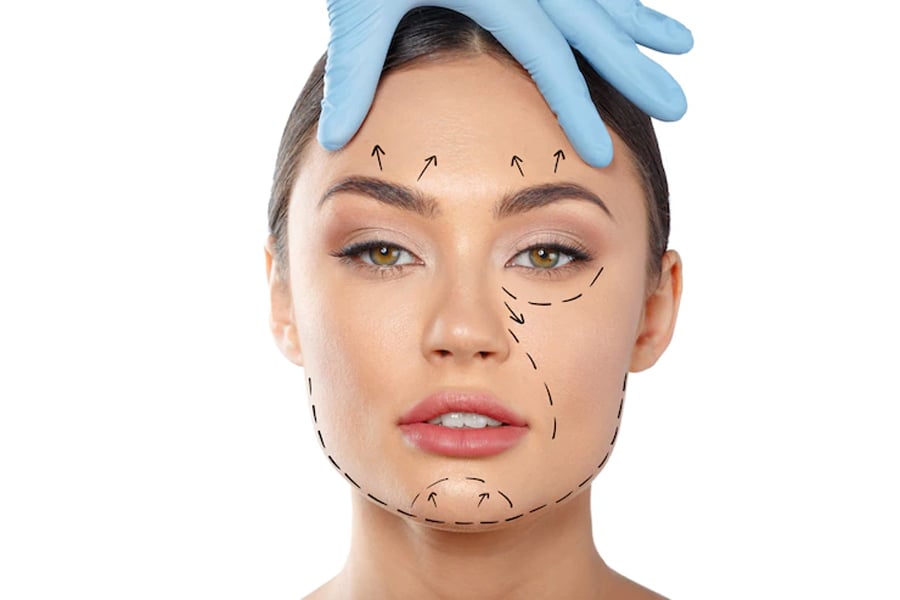
4. Ask about licensing and certification
So this cosmetic surgery practitioner that you have found, is he/she board certified to practice? Is the license valid in order to carry out the procedure? It is not rude to ask about the qualifications and the experience of the practitioner at all.
5. Ask for before and after photos
The cosmetic surgeon should be able to deliver some before and after photos of the patients that he/she has worked on before. This will help you decide whether you want the same surgeon to carry out the procedure on you.
6. What does the procedure entail?
It is important to know exactly what the procedure entails right from the start this way you will not be disappointed in the end. You will not have to go through the whole process of filing lawsuits because they procedure did not meet your expectations. If you are buying a cosmetic product then you should find out in detail what it will do for your skin or your body in general.
7. Learn about the side effects
There is always a side effect when medicine is the topic under question. This is particularly so when dealing with cosmetic products. Before you make that purchase, find out what effect they can have on you.
8. Disclose any medical issues you think might have an impact on the procedure
It is vital to disclose any vital medical information that you think might be of relevance to the cosmetic procedure in question. Before a product is prescribed to you, make sure that its use will not be impacted by any medical problem you have.
9. Find out if medical insurance covers the procedure
There are some conditions under which medical insurance covers cosmetic procedures. Ask about insurance covers and how they relate to the procedure.
10. How much does the procedure cost
The cost of the procedure is one of the factors that will determine whether you will have it done or not. Find out is the procedure worth the price that you will pay?
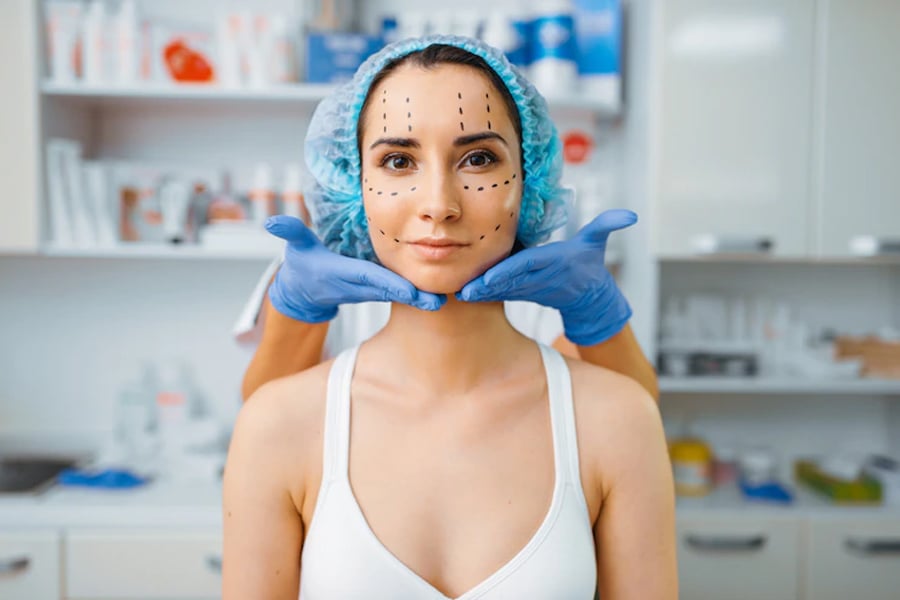
Questions About Cosmetic Surgery
-
What makes someone a good candidate for cosmetic surgery?
-
The answer to this question has several elements. Most importantly, you need to be in reasonably good health without any medical conditions that preclude you from undergoing an elective surgery. Next, you need to have realistic expectations about how cosmetic surgery will improve your appearance. You need to accept that your cosmetic surgery will change a feature of your body - not change your body into someone else's body. You need to approach cosmetic surgery with the goal of making yourself happier with your body and not expect other people to see or treat you differently. You also can find plastic surgery information on the various plastic surgery professional society web sites.
How painful is cosmetic surgery?
Pain is limited or entirely avoided during a cosmetic surgery procedure with local or general anesthesia. During your recovery, however, you would typically experience a range of feelings from mild discomfort to some pain, which would be managed with pain medication. The extent of the cosmetic surgery will determine the potential for pain and the time it will take you to recover. A tummy tuck, for example, is a cosmetic surgery that affects a larger portion of the body than a brow lift. You should also note that pain is typically controlled immediately after surgery with long lasting anesthetics at the surgery site. This process will ease you into recovery. Because of long-lasting local anesthetic commonly used during the procedure and pain medicines taken after the surgery, most people complain of very little pain.
What age should people be to get cosmetic surgery?
Although some procedures are only applicable to individuals approaching or experiencing middle age, such as a facelift, this does not mean that younger people never get cosmetic surgery. Younger people often get rhinoplasty, breast augmentation, or other procedures to change a body feature as opposed to alleviating the effects of aging. As long as you are over age 18, you can freely pursue cosmetic surgery, but it would be important for you to seriously consider your motivations and not change something about your body lightly.
What anesthesia is used during cosmetic surgery?
The type of cosmetic surgery you have generally determines the type of anesthesia used, but you can discuss your preferences with your cosmetic surgeon. For less-invasive procedures, a local anesthetic that blocks nerve impulses at the site of the surgery combined with a sedative to calm you would be used. General anesthesia, in which you are made completely unconscious and oblivious to pain, is necessary for more extensive surgeries.
Does insurance cover cosmetic surgery?
Usually medical insurance policies do not cover cosmetic surgery. It is an almost universal exemption from insurance coverage. However, select policies may pay for plastic surgery costs if the surgery corrects a birth defect that interferes with healthy functioning or to repair the damage left by an injury. For example, there are nasal breathing difficulties that can be corrected with nose surgery, and your insurance policy may cover it. Examining your policy and checking with your insurance company are advised because you can never assume that insurance will cover a cosmetic procedure.



